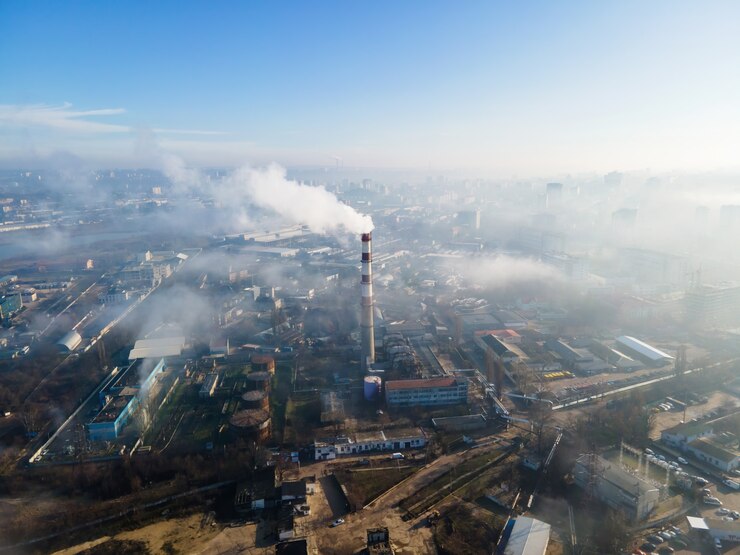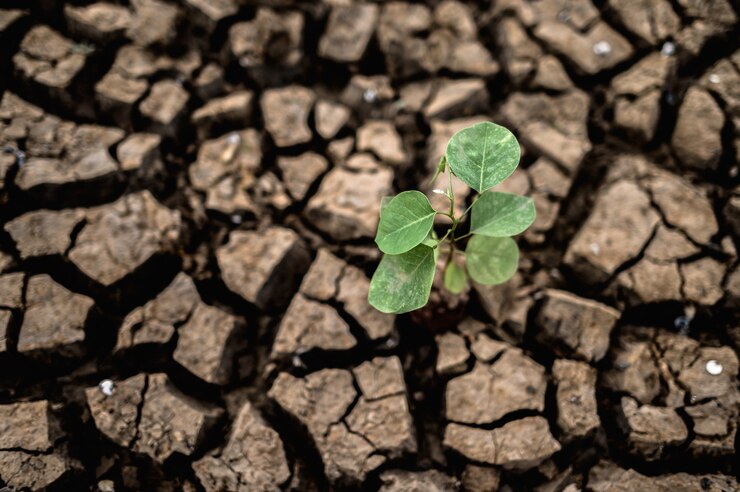Air quality: a collective commitment to a sustainable future

The complexity of pollution control

Air quality is critical to human health and the environment and requires a collective effort to ensure a sustainable future.
Because of its complexity, combating this type of pollution requires coordinated action at many levels. Improvements in air quality would not only be good for our health, but could also contribute to the fight against climate change.
Health impact

According to data provided by WHO, air pollution, particularly when persistent and protracted over a long period of time, increases the risk of respiratory, cardiovascular and neurological diseases and is the second leading cause of death from noncommunicable diseases.
Air pollution-related health costs are estimated to reach a figure of 940 billion euros per year in the European Union. Adopting policies and behaviors that improve air quality can significantly reduce the incidence of these diseases.
Environment

Air pollution has devastating effects on the environment, including water and soil contamination, damage to natural ecosystems, and loss of biodiversity.
To achieve better results, actions at the local and regional level go hand in hand with effective national and European policies, which often offer significant complementary benefits in reducing greenhouse gas emissions and air pollution at the same time. Improving air quality is critical to preserving the health of ecosystems and ensuring a healthy environment for future generations.
Climate changes

Some air pollutants contribute to global warming and climate change. The main driver of climate change is air pollution. Among the pollutants that most affect climate change and poor air quality are particulate matter,particularly PM2.5. These are particulate pollutants with a diameter of 2.5 microns or less.
Particulate pollution can deeply damage human health; in fact, more than 7 million people die each year from long-term inhalation of fine particulate matter. Reducing emissions of greenhouse gases and other pollutants not only improves air quality, but also contributes to efforts to mitigate climate change.
Economic sustainability

Investing in technologies and practices that improve air quality can promote innovation and job creation in the renewable energy and clean technology sector.
This push for more sustainable solutions can lead to new discoveries that can positively affect various sectors, from energy to mobility to industry.
All of this supports a transition to a more sustainable and resilient economy.
Shared responsibility
Air quality is a problem that crosses national borders, requiring international cooperation.
Collective efforts to adopt stricter regulations, share clean technologies, and address the causes of pollution are essential to effectively address the problem
Education and outreach

Informing the public about the importance of air quality and the actions they can take to reduce pollution is crucial. Air pollution knows no national boundaries. One country’s emissions can affect the air quality of neighboring regions and beyond.
International collaboration is needed to address the causes of pollution that extend beyond national borders. Education and awareness can drive behavioral changes and foster a broader commitment to a healthier environment and a more sustainable future for present and future generations.







